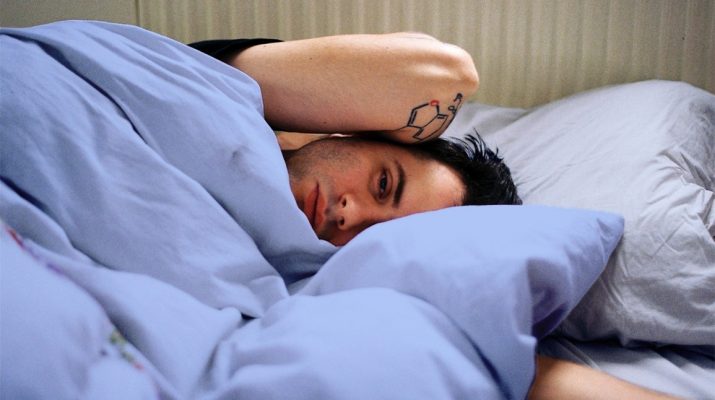Most people cannot sleep and suffer from sleeplessness. The causes for this are many, and most of the factors are unexpected. It can be relationship stress, loss, pain, work stress, or illness. Also, it can be worries and racing thoughts. Sometimes it is an overreliance on electronics and heightened emotions. Many individuals may not know this or think of such causes and end up having continuous sleepless nights. Yet, enjoying a good night’s rest is crucial to our health and overall well-being. Below are 7 culprits to blame for you not getting enough rest.
Doing too much before bed
What activity do you do before bed? Is it relaxing? Most people do a lot of unrelaxing activities before bed. For instance, checking school assignments, doing household chores, going through the internet, doing work-related activities, among many others. Doing any of these activities before bedtime gives you no time to unwind and prepare your mind and body for sleep. To sleep well at night, seek out the best places to buy furniture online to get good bedroom furniture where you can read, meditate and do relaxing activities on an hour to bed.
Napping too late in the day
Be cautious about the time you nap during the day. Napping is a great way to recharge, but if you take a nap too late in the day, it will affect your sleep at night. If you need to nap, keep it at least 30 minutes in the afternoon. If you end up snoring on your sofa in the evening, it is too late to take that nap, and you may end up napping for longer than you intended. Thus, fight the urge to nod off. If it’s close to bedtime, consider going to bed.
Addiction to technology
Technology can be good, but too much of it makes us addicts and affects sleep. An app can make your life easier if you want to keep in touch with your kids. But when it disrupts your sleep, like your office tracking you down after-hours, this is a misuse of the app. Separate your work and your sleep routines. Avoid checking emails before bed or scrolling through social media with the need of catching up, among other things, before bedtime will cost you the much-needed rest.
Depression
Similar to appetite, the physical changes of depression can go to either extreme. You may find that you are tired and feel the need to sleep throughout the day. Or you cannot sleep even for few minutes at all. A form of sleep deprivation is waking up in the middle of the night almost every night, and depression triggers these episodes. Unfortunately, it forms a cycle. If you cannot sleep, you end up feeling depressed. If you are going through depression, you end up not sleeping.
Hormonal changes
Throughout their reproductive cycles, women go through hormonal changes. Women have more poor sleep during menstruation, and it is due to mood changes and pain. Also, during pregnancy, they go through sleep disturbances, endless washroom trips in the first trimester, and discomfort in the third trimester due to belly size. Also, in perimenopause, women experience nighttime flashes and insomnia due to the drop in estrogen and progesterone.
Drinking too much caffeine
Do you feel like you need more lattes to go through your day? Depending on the caffeine habit you have, it may be keeping you up at night. Plus, drinking coffee in the evening is a bad idea as it affects your sleep and you end up feeling more tired. Therefore, stick to decaf after dinner and avoid caffeine past noon to ensure you sleep well at night.
Your circadian rhythm is not at par
Staying up Fridays and sleeping in on Saturdays and Sundays is how most people pay themselves for working hard throughout the week. Unfortunately, this gift most people indulge in is enough to meet with your circadian rhythm every week. Even if you sleep early Sunday night in preparation for Monday, you are not ready to sleep for your body and mind know different timings that you set during the weekend. Thus, you will still go through a tough Monday.






